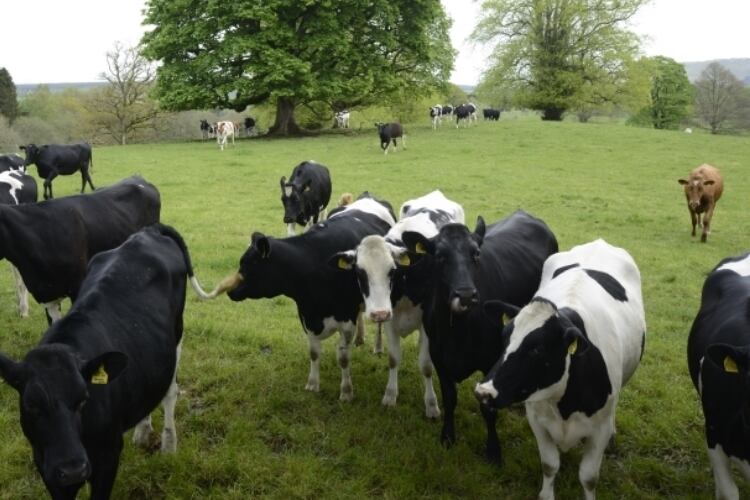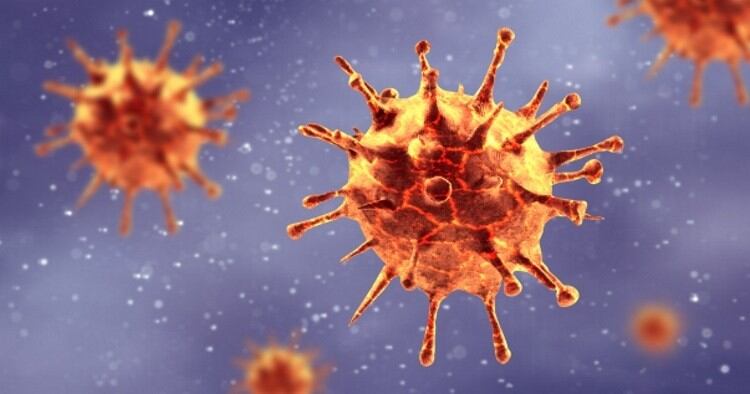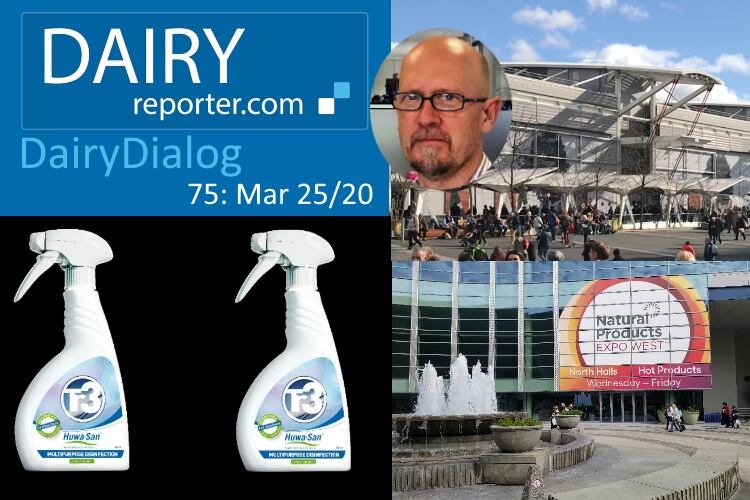It said that the three essential sectors are currently human health, medical supply and food and dairy.
EDA secretary general Alexander Anton said when establishing ever stricter confinement plans at national levels, the dependence of these three sectors on other industries and the vital need of these three essential sectors for workforce, input material and supply must be kept in mind in order to assure the functioning of these essential sectors.
Anton said the full operation of all milk processing capacities is becoming limited by lacking dairy workforce due to COVID-19, including restrictions of free movement of workforce and technical support teams with countries and between Member States.
He added that demand for milk and dairy products is still above normal, but today, the limitation of packaging material supply is forcing dairies to make flexible use of packaging material without putting at risk the safety of the product.
He said he expects control authorities to accept this flexibility under the circumstances.
Local open-air food markets are the main outlets for many SME dairies across the EU, Anton noted. The closing down of these venues, in countries like Croatia and France, means the collection of milk and its processing by other dairies cannot be guaranteed.
Anton said this is one of the reasons why on March 19, the EDA asked for urgency schemes for dairy farmers and milk and dairy processing companies to be established.
While the sector is working to guarantee reliable and stable supplies of dairy products, the EDA said dairies in the EU are facing pressure from the retail sector to lower prices for consumer-ready goods, especially UHT milk, and to accept longer payment delays.
Anton condemned pressure by the retail sector as “unethical.”
He added that the shutdown across much of the EU, combined with increasing raw milk volumes, increasing numbers of quarantined workers and a restricted supply of packaging material, is forcing dairies to shift milk volumes to less labor-intensive and less packaging-dependent processing facilities (drying towers).
The EDA said it was repeating its call for the European Commission and Member States to allow frictionless milk collection and distribution, and movement of workforce, across all borders.
It also wants the private storage aid scheme to be activated for butter, SMP and cheese, and a scheme to allow priority-based access to container and freight capacities for essential products such as milk and dairy products.
It also reiterated its call for the setting up a milk producer urgency scheme for the disposal of milk, and for dairy processors for alternative uses of milk.




